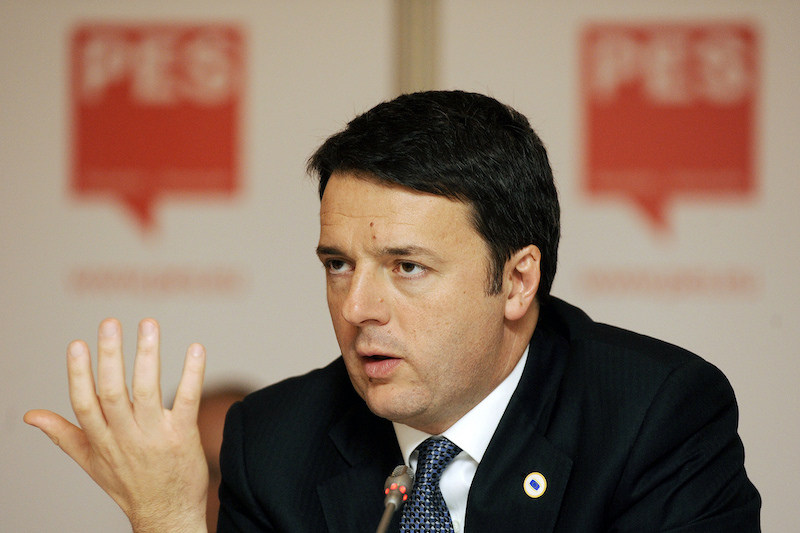Francis Ford Coppola’s seminal masterpiece Apocalypse Now explores themes of war, civilization and humanity. Many themes of this 1979 classic remain more relevant today than ever. Replacing the Vietnam War (which provides the backdrop to the movie’s plot) with the contemporary Syrian Civil War, and Colonel Kurtz with President Bashar Al-Assad, one can begin to get a sense of the similarities. Rampant material destruction, immense loss of civilian life and a stalemated military situation all highlight the exhausting situation surrounding Syria. However, taking a look at the forces and plots of Assad might lend observers a clearer handle on just how the situation has become so degraded.
In the early months of the Syrian conflict, Assad released a number of jihadists who had fought as insurgents in Iraq. These releases formed part of a larger amnesty program which sought to alleviate pressure on the regime, particularly as the Arab Spring spiraled out of control. As recent events can evidence, however, it did not work. A number of these individuals went on to take senior leadership positions in various jihadist groups in Syria most noticeably with Al-Nusra, Al-Qaida’s affiliate in the country, and the Islamic State [IS]. Now, however, Assad is trying to refocus the narrative of the Syrian conflict to position himself as a bulwark against radical jihadists.
In reality, however, Assad has focused his attention away from IS, and has largely targeted more moderate opposition groups. Assad, like Colonel Kurtz, is not concerned with collateral damage. The disgraced Syrian President has continually been accused by international observes of gross humanitarian violations. This rationale appears to be rather simple: target and de-populate opposition-held areas. This signals to the civilian population that they, too, will be targeted should they hold out against the regime. The northern province of Idlib has particularly suffered Assad’s cruelty as more than 2000 raids have been conducted since the province fell to rebels earlier this year in March. From barrel bombing densely populated civilian quarters to conventional chemical weapon strikes, Assad has demonstrated a ruthlessness that can only be compared to Mr. Kurtz himself.
Buying time
Western policy in Syria is currently in a state of flux. Vexed and pre-occupied with the rapidly escalating refugee crisis in Europe, Assad has, for a while, managed to skirt the attention and ire of Western governments. Buoyed by a recent influx of Russia military hardware, and Russian deployment in the country, the Assad regime is poised to begin an offensive to recapture much of the territory lost to the Free Syrian Army, Al-Nusra and IS. If Assad is able to buy time strengthening his position and capabilities then he will dramatically increase his chance of being involved in a future transnational government.
Western leaders, for the most part, generally agree Assad should have no place in the future of Syria. They are however, amenable to negotiating an eventual departure date. According to United States Secretary of State John Kerry, “We’re prepared to negotiate. Is Assad prepared to negotiate, really negotiate? Is Russia prepared to bring him to the table?” Here again, western leaders overlook Assad in favour of its obsession with IS. This ‘breathing room’ would allow Assad the time – and flexibility, necessary for building up his military and political capacity in order to crack down upon opposition within the country.
Would Assad even be willing to negotiate? If IS is defeated, or at least substantially degraded, would Assad even be willing to come to the negotiating table believing that he is the only stability anchor in the country? It seems unlikely. Russia and Iran, the two largest backers of the Assad regime, have thus far shrewdly used the United Nations Security Council to shield Assad from official sanction. Until broad, and actionable, international consensus arrives in the halls of the General Assembly and Security Council, international opinion will remain to be ‘splintered’ enough to veil Assad’s position.
Will President Assad meet the same end as Colonel Kurtz? Probably not. While Assad remains a serious threat to regional peace, Western pre-occupation with IS and the migrant crisis have shielded Assad against the full impact of Western political, moral and military might. Policy leaders must not avoid confronting Assad once these situations have stabilized. Eventually, he must be brought to account for the atrocities his regime has committed. How does one say “the horror” in Arabic?





